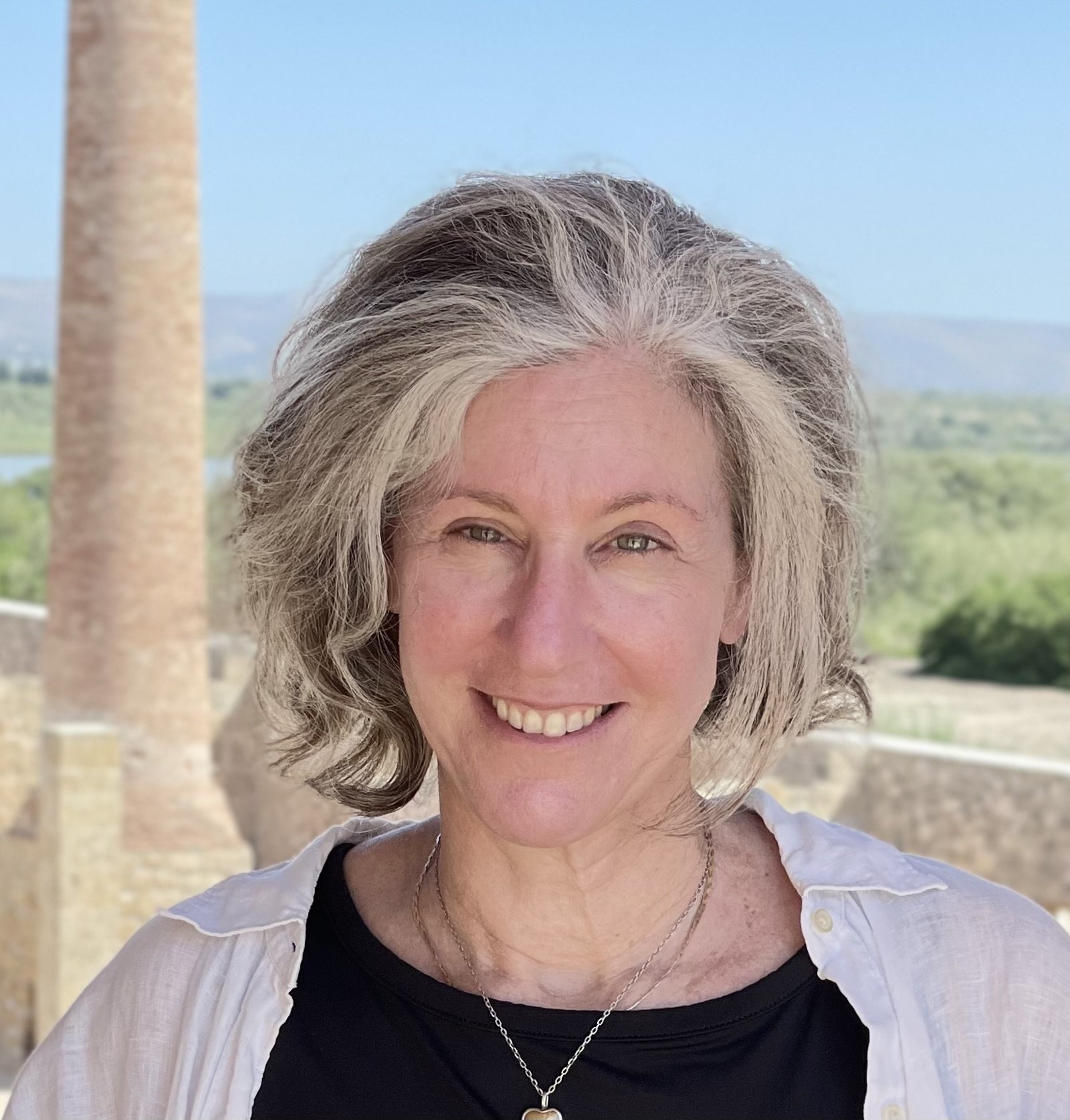May 12: Lecture by Elizabeth Greene, Brock University
The Many Voices of the Mediterranean: Archaeologies ofTrade, Fishing, and Displacement In Southeast Sicily
Co-sponsored by the National Arts Club
National Arts Club, Grand Gallery, 15 Gramercy Pk S, 6:30 PM
Pre-registration is required.
The long-term and multifaceted relationship between the sea,the coast, and the people connected by the Mediterranean defines the maritime traditions of southeast Sicily. It's shores are marked by ancient shipwrecks,long seen as emblematic of enduring economic connections across the Greco-Roman World. In antiquity and well beyond, these same shores provide rich material evidence for the linked mobilities of a diverse array of traders, fishermen, displaced peoples, and others. The vessels that have long traversed the shared waters offer snapshots of seemingly persistent mobilities, while also highlighting the social and physical barriers imposed by the sea. This talk consider the archaeological investigation of three boats: (1) the 6th centuryCE “church wreck”at Marzamemi, Sicily and its massive cargo of more than 100 tons of architectural marble crafted in the workshops of Constantinople; (2) Nessuno, an early 20th-century sciere used for the ritual trapping and slaughter of Atlantic bluefin tuna during their seasonal cross-Mediterranean Migration; and (3) Ali Baba, a Turkish fishing boat repurposed in 2022 to carry displaced peoples along the so-called “Calabrian migration route” and driven by storm winds onto a coral beach in Marzamemi. These three vessels—viewed interchangeably by local communities as valorized ancient heritage, emblems of traditional practice, and politicized debris—compels renewed consideration of the restrictions, disconnections, and unfinished stories that define the Mediterranean,and the entangled realities of past and present connectivity.
Biography
My research concerns seaborne mobility and interaction across the Mediterranean, focusing on material evidence for long-term processes of trade and exchange, fishing traditions and communities, and displacement of peoples. In Turkey and Sicily I have conducted archaeological field research and heritage work on shipwrecks, port sites, and maritime landscapes ranging from Iron Age to contemporary. I served as the Archaeological Institute of America’s Vice President for Cultural Heritage (2017-2020), First Vice President (2020-2023) and now President.
“Entangled mobilities across the Mediterranean: archaeologies of maritime displacement,” my current SSHRC-funded project, takes a heritage-based and collaborative approach to the abandoned and impounded ships that carried displaced peoples across the Mediterranean to Italy. This grew out of my work since 2013 directing heritage and outreach initiatives as part of the Marzamemi Maritime Heritage Project’s investigations along southeast Sicily, including excavation of a 6th-century CE shipwreck carrying a massive cargo of architectural marble. The research framework considers the ongoing “re-makings” of the central Mediterranean over millennia of human activity, and the public communication of this heritage. In Turkey, my ongoing projects address maritime networks and the emergence of ancient economies through Iron Age / Archaic shipwrecks at Pabuç Burnu (6thc. BCE), Kekova Adası (7thc. BCE), and across the eastern Mediterranean, as well as the Classical to Hellenistic harbors at Burgaz on the Knidos Peninsula.
My commitment to a framework of Mediterranean archaeology that is inclusive, comparative, and global in its outlook extends to my teaching and advising, which focus on a broad range of topics involving maritime archaeology, archaeological ethics, ancient art and architecture, museums and heritage, as well as Mediterranean economies and connectivity. Students with interests in these and related fields are encouraged to consider the Department of Classics & Archaeology at Brock.

